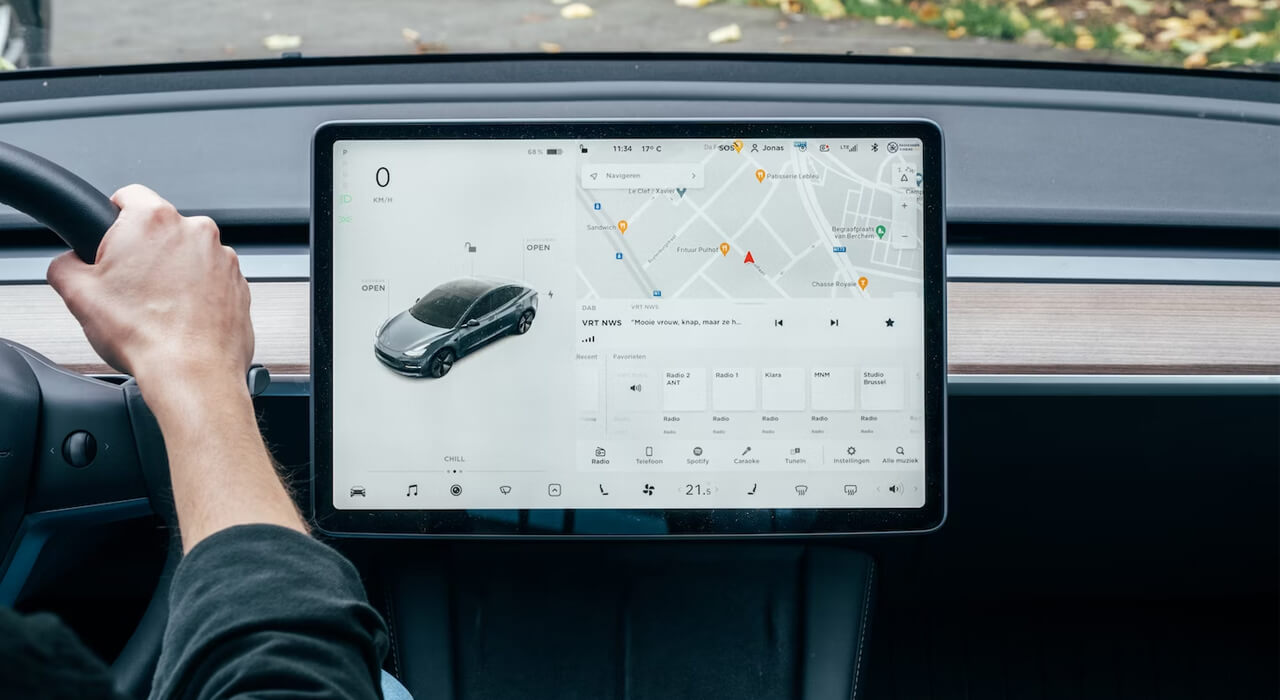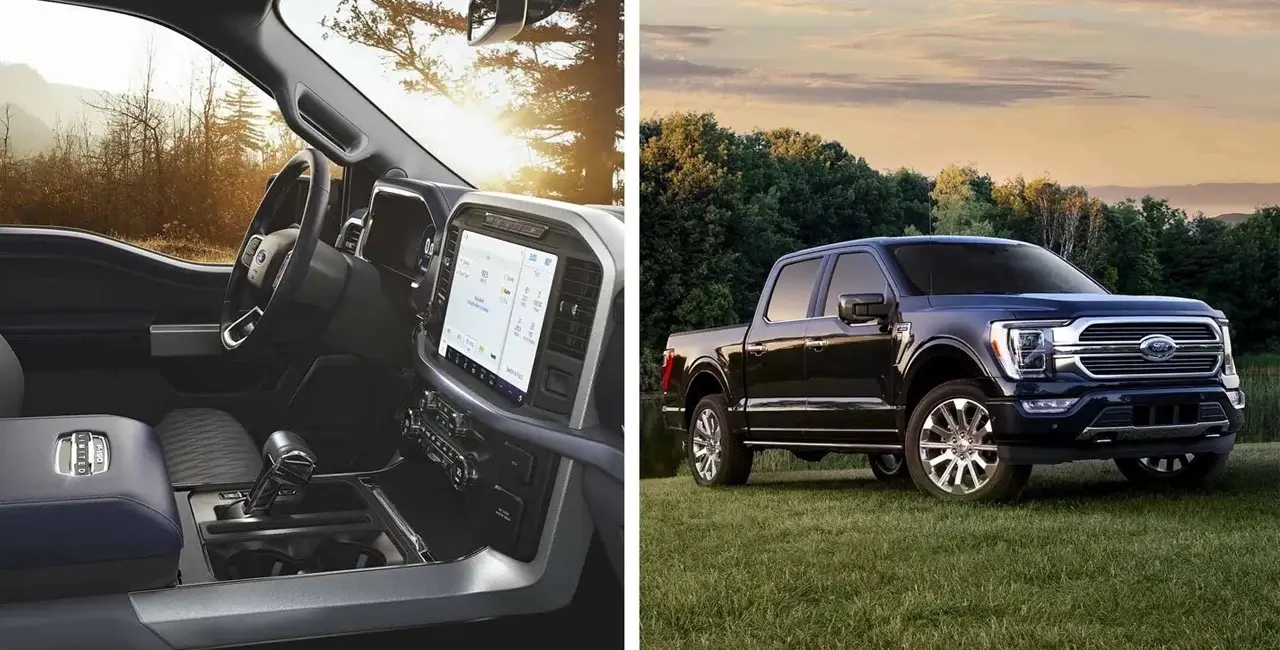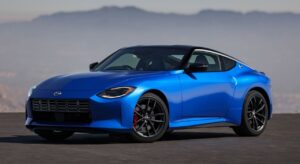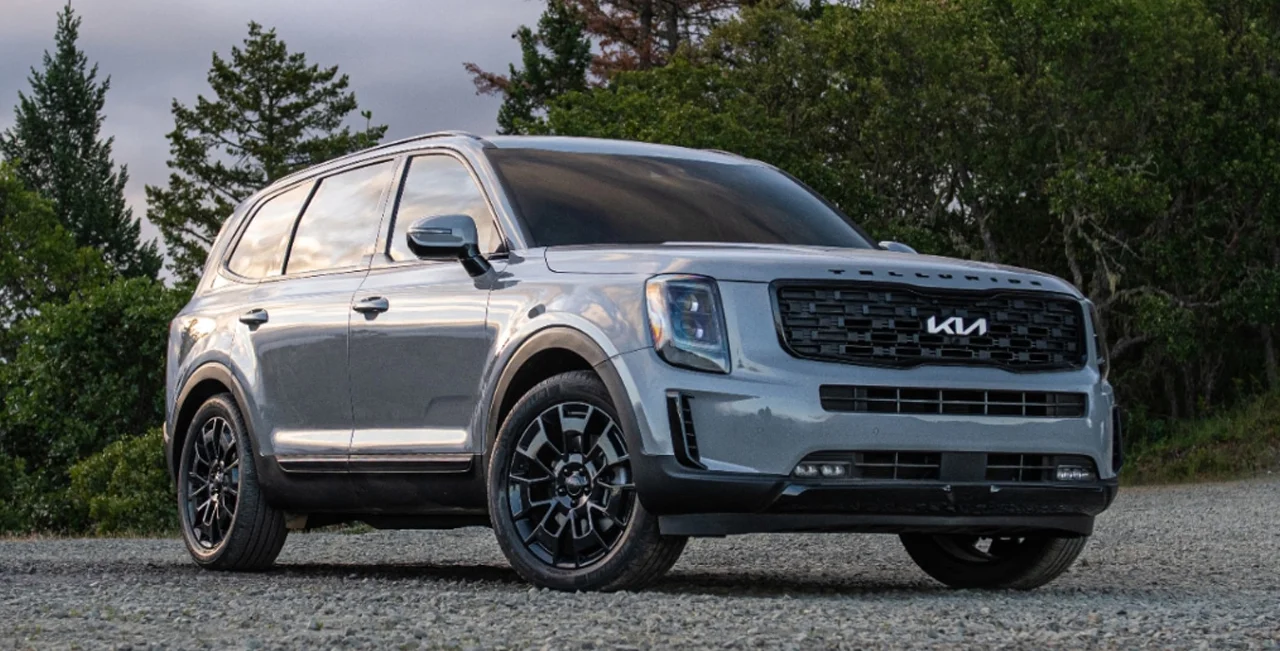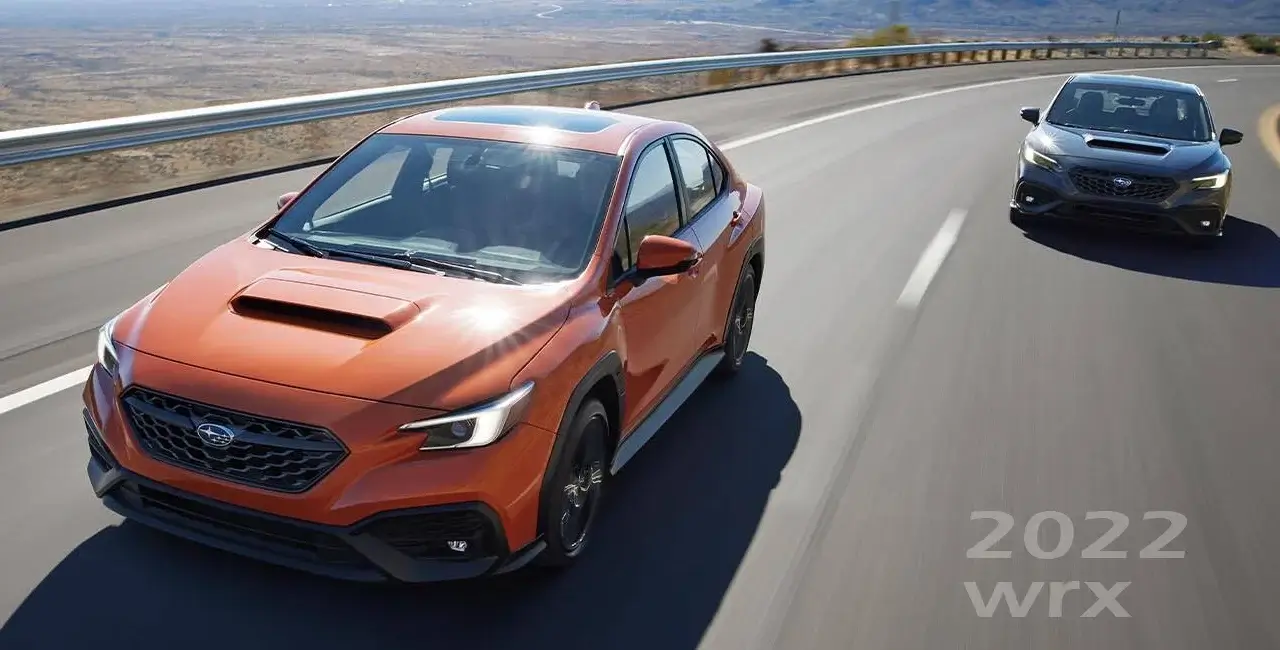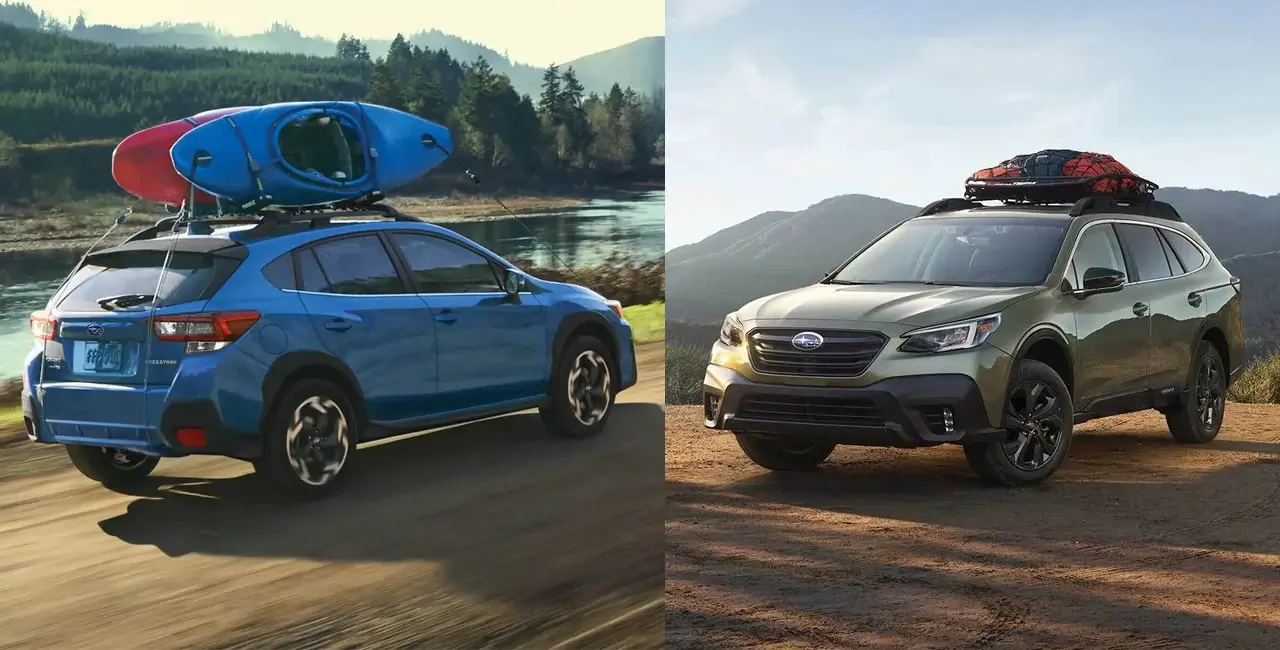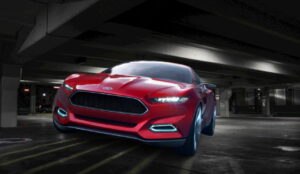In recent years, self-driving cars have been making significant advancements in transportation. These vehicles, equipped with advanced sensors and artificial intelligence, have the potential to revolutionize the way we travel.
However, as self-driving cars become more prevalent on our roads, questions arise regarding liability in accidents or incidents involving these autonomous vehicles. This blog post will explore the key aspects of liability and self-driving cars to help you understand the current landscape.
1. Understanding the Levels of Automation
Self-driving cars operate on a spectrum of automation levels, ranging from Level 0 (no automation) to Level 5 (full automation). It is crucial to understand these levels to grasp the potential liability scenarios associated with self-driving cars.
At lower levels of automation, where the human driver retains significant control, liability typically falls on the driver in the event of an accident. However, as we move towards higher levels of automation, where the vehicle takes on more driving tasks, the liability landscape shifts.
2. Manufacturer Liability
With self-driving cars, liability is shifted from the human driver to the vehicle manufacturer or entity responsible for autonomous technology. According to the Port St. Lucie car accident lawyers, If a malfunction or failure in the autonomous system causes an accident, the manufacturer may be held responsible for any resulting damages.
This shift in liability emphasizes the need for rigorous testing, quality control, and safety standards in developing and deploying self-driving technology.
3. Software and Algorithm Liability
The software and algorithms that power self-driving cars are critical in their operation. If a software glitch or programming error leads to an accident, liability may extend to the companies responsible for developing and maintaining these systems.
As self-driving technology evolves, it becomes increasingly important for companies to prioritize the reliability and security of their software to minimize the risk of accidents caused by programming flaws.
Suggestion: Most Reliable Luxury Cars You Can Look
4. Human Override Capability
Some self-driving cars are designed to allow human drivers to intervene and take control when necessary. In these cases, liability may revert to the human driver if they fail to respond appropriately to a situation where the autonomous system requires human intervention.
Determining the circumstances under which a human driver should assume control and the responsibility associated with that decision remains an area of legal and regulatory consideration.
5. Regulatory Framework
As self-driving technology progresses, governments and regulatory bodies are working to establish frameworks that address liability issues.
These frameworks aim to clarify liability allocation and ensure accountability while fostering innovation and the safe deployment of self-driving cars. It is important to stay informed about the evolving regulations in your jurisdiction, as they will likely impact liability considerations.
Also Check: Best Cars For College Students
6. Insurance Coverage
As the liability landscape shifts with the introduction of self-driving cars, insurance policies may also need to adapt. Insurance companies are beginning to develop coverage options specific to autonomous vehicles.
These policies may include provisions that account for traditional liability scenarios and situations where the vehicle’s autonomous technology is at fault. If you own or operate a self-driving car, you must discuss your insurance coverage options with your provider to ensure adequate protection.
7. Ongoing Legal and Ethical Debates
Liability in the realm of self-driving cars involves complex legal and ethical considerations. Questions surrounding responsibility, accountability, and the decision-making processes of autonomous vehicles continue to be debated.
As technology evolves, courts, lawmakers, and society will need to address these challenges and establish precedents and regulations that ensure fairness, safety, and appropriate allocation of liability.
Conclusion
Self-driving cars have the potential to transform our transportation systems, offering benefits such as improved safety and increased efficiency. However, as the technology progresses, liability becomes increasingly important.
Understanding the evolving liability landscape concerning self-driving cars is crucial for policymakers, manufacturers, insurers, and individuals alike. By staying informed about the latest developments in regulations and technology, we can navigate the road ahead with a clearer understanding of the legal and ethical implications surrounding self-driving cars.

